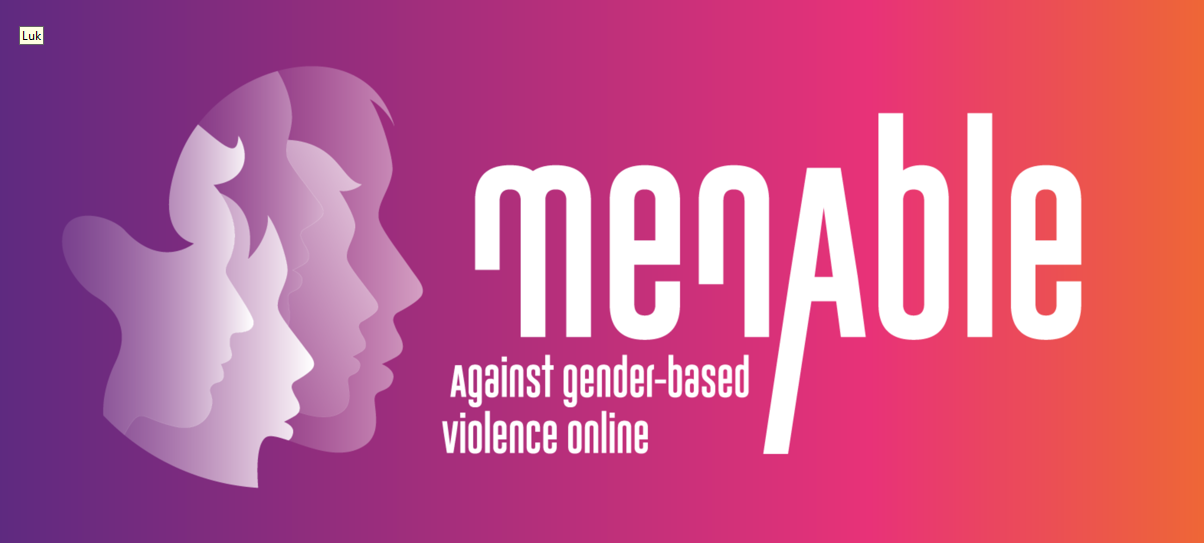What we must learn from the Snapchat case
A couple of cases from the media covering young people’s use and abuse of naked pictures all point in the same direction: there is a need for better, and far more, training in digital education.
During the week, lots of media have reported that 200,000 pictures from Snapchat have leaked online. Snapchat is an extremely popular app which allows users to send each other pictures which then disappear after no more than 10 seconds. Common sense should however make obvious that pictures, that are sent digitally, are always subject to be copied and shared. Or does it? Young people do know that, right? Not always, unfortunately.
An app that lets young people send each other pictures that they believe disappear, combined with teenagers being the primary target group in which exploring sexuality is a major factor, is a risky combination. A study conducted by SSP Jammerbugt this summer, reports that one third of 8th graders have tried receiving a naked picture. This is a disturbingly high number as well as being far too early. When 13-year-olds share and copy naked pictures, it’s legally categorised as child pornography.

The Danish National Council for Children has recently conducted a larger study among 13-year-olds which shows that 76% of youngsters request more knowledge about legislation and privacy online. This clearly makes evident that there is a need for information among young people today. This need must then be accommodated by schools and parents. The National Council for Children has previously detected that 4 out of 10 youths do not believe their parents know enough about digital media in order to be able to help. My own experiences visiting schools confirm the tendency that a lot of parents “let go” of their children too soon. Children are not ready to be by themselves online just because they are old enough to use social media.
A positive effect from the Snapchat case would hopefully be that more people realise what pitfalls exist on their children’s favourable network. From our school visits we know that a lot of young people are already reasonable. But, we are also aware that articulating these matters in the classroom will be of great benefit because it creates consensus about what is right and wrong. It is, however, a complex issue to set up an ethical filter in the minds of young people; it can be extremely tempting to override ethics when it comes to play and sexual expressions. So we as parents, as well as teachers, have to repeat and unfold our dialogue concerning boundaries, privacy and sexuality when they take place digitally. Also when the Snapchat case has left the headlines.
This post is originally written in Danish.
]]>


Hvis du vil sætte et par ord på din feedback, vil det hjælpe os rigtig meget til at forbedre vores indhold.